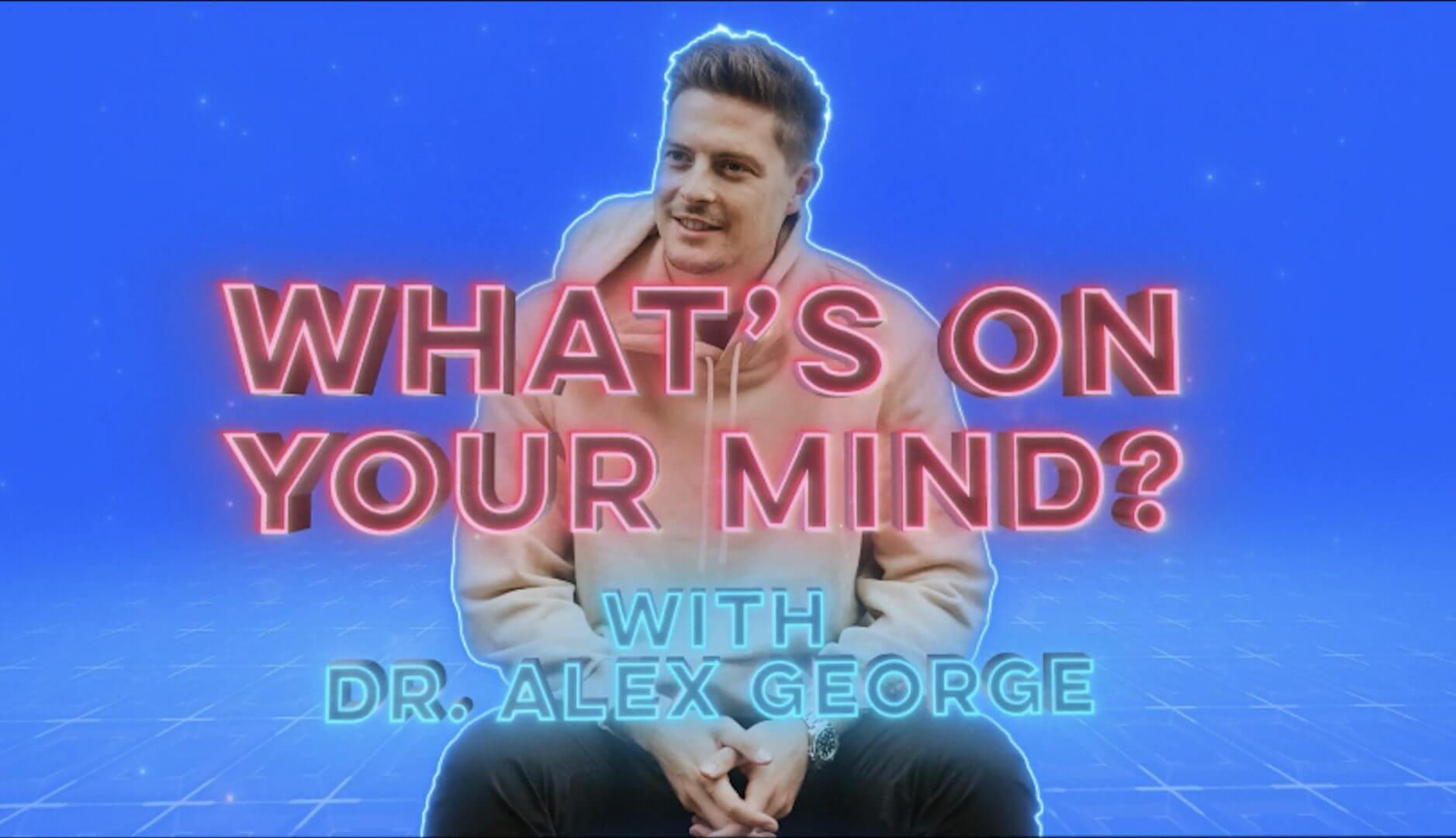
REDUCING SCREEN TIME
First News TV - Mental Health

Dr Alex and teenager Xavier discover why cutting down on screen time, particularly before bedtime, calms your mind. There’s a special appearance with wise words from Children’s Laureate, Cressida Cowell MBE, author of the How To Train Your Dragon books.
Follow up activities
These ideas are taken from the PSHE Association: Promoting emotional wellbeing lesson.
Discussion 1: What are the benefits and challenges of being online to emotional wellbeing?
Consider, what are all the benefits to young people’s emotional wellbeing of being online (and using social media in particular). Students have three minutes to list as many positive ideas as they can. Answers might include – meeting people around the world, sharing interests, it’s fun, it’s an easy/quick/cheap way to communicate, can express yourself creatively, give you the confidence to be who you want to be, access to support groups, time to think about what to type/say, availability of wellbeing support (e.g. meditation apps).
Next, students cover up answers and make a list in the next three minutes focusing on all the challenges to young people’s emotional wellbeing from being online (and using social media in particular). Answers might include – peer pressure, cyber-bullying, expected to always be available, might feel excluded from certain groups (e.g. don’t have the app), people behave differently online than they would face-to-face, can see upsetting content accidentally, fear of missing out (FOMO), jealousy caused by looking at others’ social media accounts, pressure to look a certain way, sleep deprivation.
Finally, students think about any interesting facts or questions they have about being online and mental health. Write a list of these and share some ideas with their peers and/or the class.
Discussion 2: What advice do you have for social media companies?
Reflect on what advice students would give to social media companies to help them promote young people’s emotional wellbeing. What could be done to improve young people’s experience of social media in general? How can social media be used to celebrate people’s individuality and self-expression?
Discussion 3: Which apps or sites improve or worsen emotional wellbeing?
Discuss in pairs – are there any particular apps or sites which are better or worse for emotional wellbeing? Why?
Notes for teachers/teaching staff: To support discussion points 2 and 3, you may wish to show the #StatusofMind video from the Royal Society for Public Health.
Follow up activities:
PHSE Association: Promoting emotional wellbeing lessons
